Lurchers: The Ferraris of the dog world who 'can steal anything from anywhere'
Once the scourge of gamekeepers, lurchers have since leapt to dizzying heights of desirability and now make endearing family pets, says Katy Birchall. Photographs by Millie Pilkington.

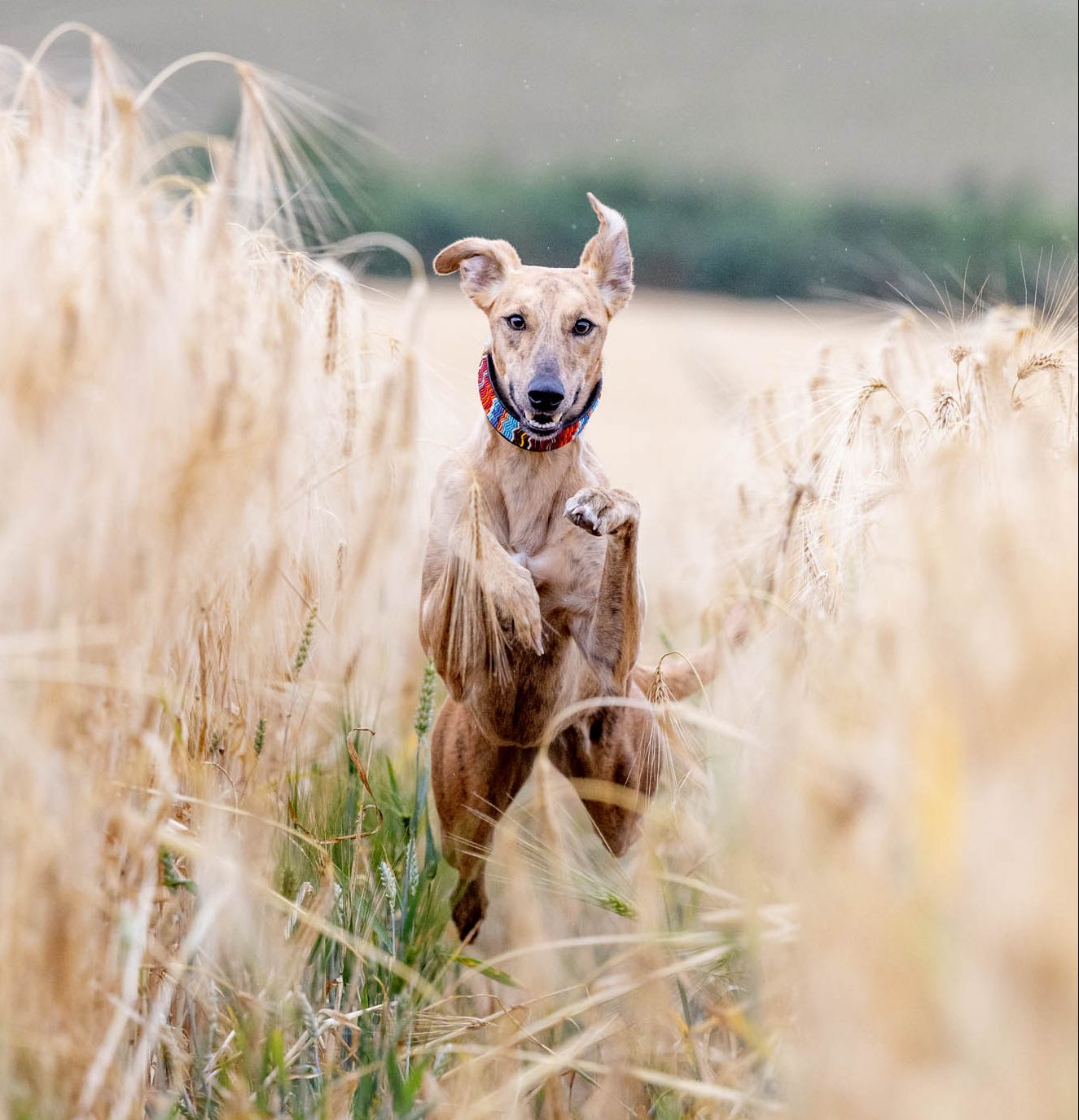
Exquisite houses, the beauty of Nature, and how to get the most from your life, straight to your inbox.
You are now subscribed
Your newsletter sign-up was successful
‘Impy was a wonderfully wicked dog,’ declares Lady Rebecca Wharton, fondly recalling the lurcher once owned by her parents, Hugh Courtenay, the late 18th Earl of Devon, and Diana, Countess of Devon, at the family’s ancestral seat, Powderham Castle near Exeter.
‘On one occasion, she appeared in the middle of a wedding hosted in the grounds carrying a deer’s head that was weeks old, which she’d found on her run. She dragged it straight through the middle of the guests and trotted into the house. She was so naughty; she got away with everything.’
Impy’s infamous escapades did little to dampen the family’s love of lurchers — Lady Rebecca has had them ever since and currently has two. ‘I was out galloping one of my horses recently on a lovely bit of marsh with the dogs running alongside — it was just wonderful,’ she rhapsodies. ‘Lurchers have a classic, understated elegance. There’s something regal about them.’
Such a graceful portrait may seem at odds with this humble cross-breed’s long-standing association with poachers, but therein lies the lurcher’s appeal — this is a sighthound with an edge.
Lurchers at a glance
- The lurcher is a cross between a sighthound and working dog or two sighthounds — referred to as ‘long dogs’ — or may boast a more convoluted ancestry due to generations of lurcher bred to lurcher
- Popular breeds in a lurcher are saluki, whippet, greyhound, deerhound, Bedlington terrier and border collie
- They come in all shapes and sizes, from smaller whippet types to the larger deerhound crosses, and can be rough or smooth-coated and a variety of colours
- Training can be a challenge and good recall is a must before letting one off the lead in a public space
Thanks to their hybrid ancestry, lurchers boast the quickness and kindness of the sighthound, plus the qualities of whatever else is thrown into the mix — the intelligence of a collie, the stamina of a terrier. They’re healthy, good family pets and, with their long legs, streamlined silhouette and bright eyes, they’re endearingly handsome.
They have their flaws: obedience can be touch and go and recall is a weakness, especially if chasing at full throttle — but boy, can they run. At once sporting and serene, delicate yet ruthless, this versatile dog is suited to any manner of country home.
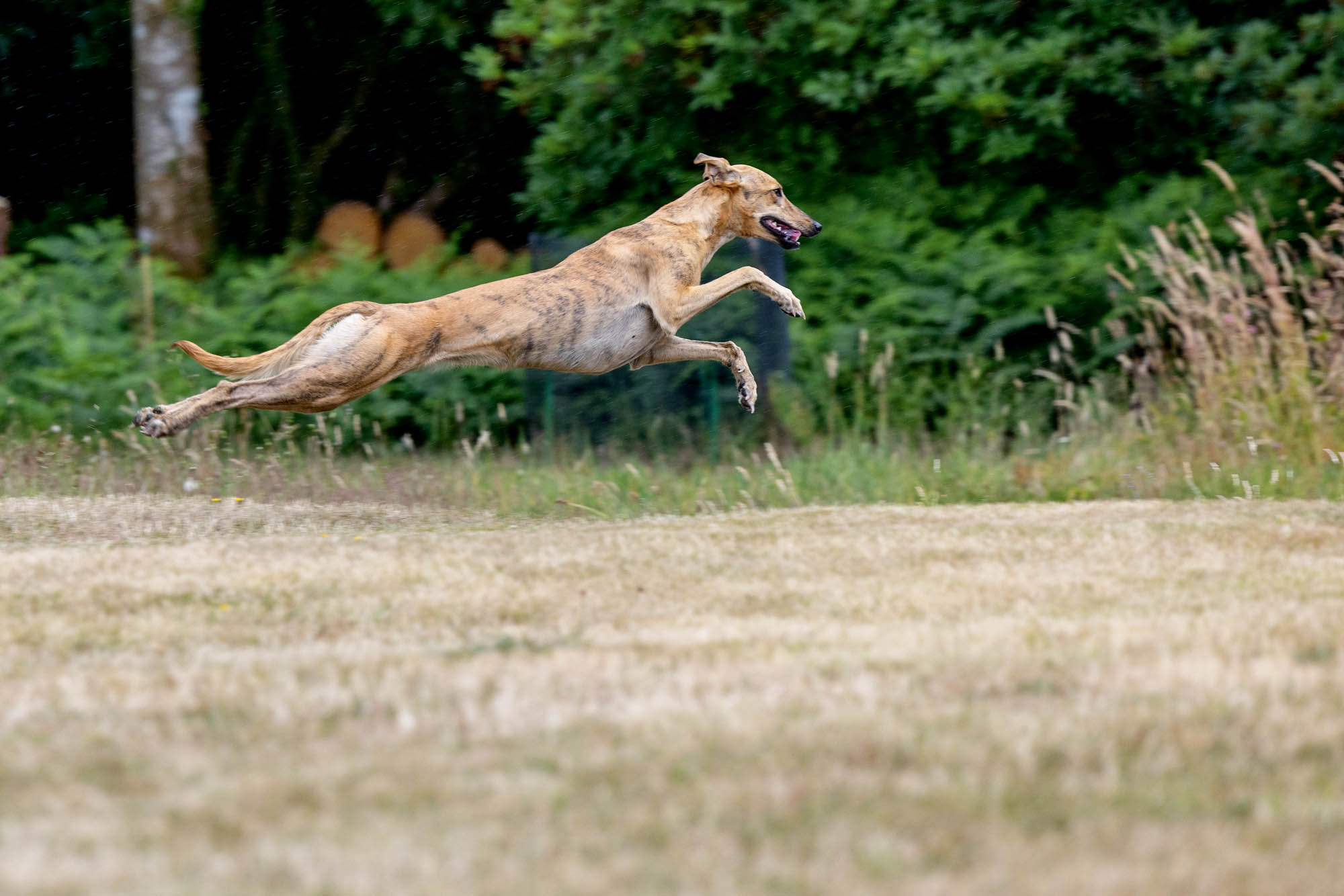
‘They always have been, and still are, owned by the great, the good and the nefarious in equal measure,’ asserts Ralph Rayner of the Ashcombe estate, also in Devon. ‘They are multi-role hunting dogs and, in many ways, a unifying animal, owned by people from all walks of life. There are no two the same, you get all sorts of variants, but they’re a distinctive dog. You can spot one a mile away.’
Exquisite houses, the beauty of Nature, and how to get the most from your life, straight to your inbox.
Lurchers run in Mr Rayner’s family — five, all related, are owned between him, his parents and his brother — and they’ve been known to pitch in on shoot days, too. ‘My first lurcher, Mara, would accompany me on shoots and sit and watch the spaniels and labradors,’ he says. ‘One day, without any training, she retrieved a pheasant for me. It was great fun and she continued to retrieve all her life.’
Owning a lurcher is a bit like having a fast sports car, Mr Rayner enthuses: ‘The joy is watching these dogs perform at maximum speed and seeing how quickly they can manoeuvre — it’s poetry in motion. Inside the house, they’re never a bother, so long as you don’t mind the odd thing going missing.’
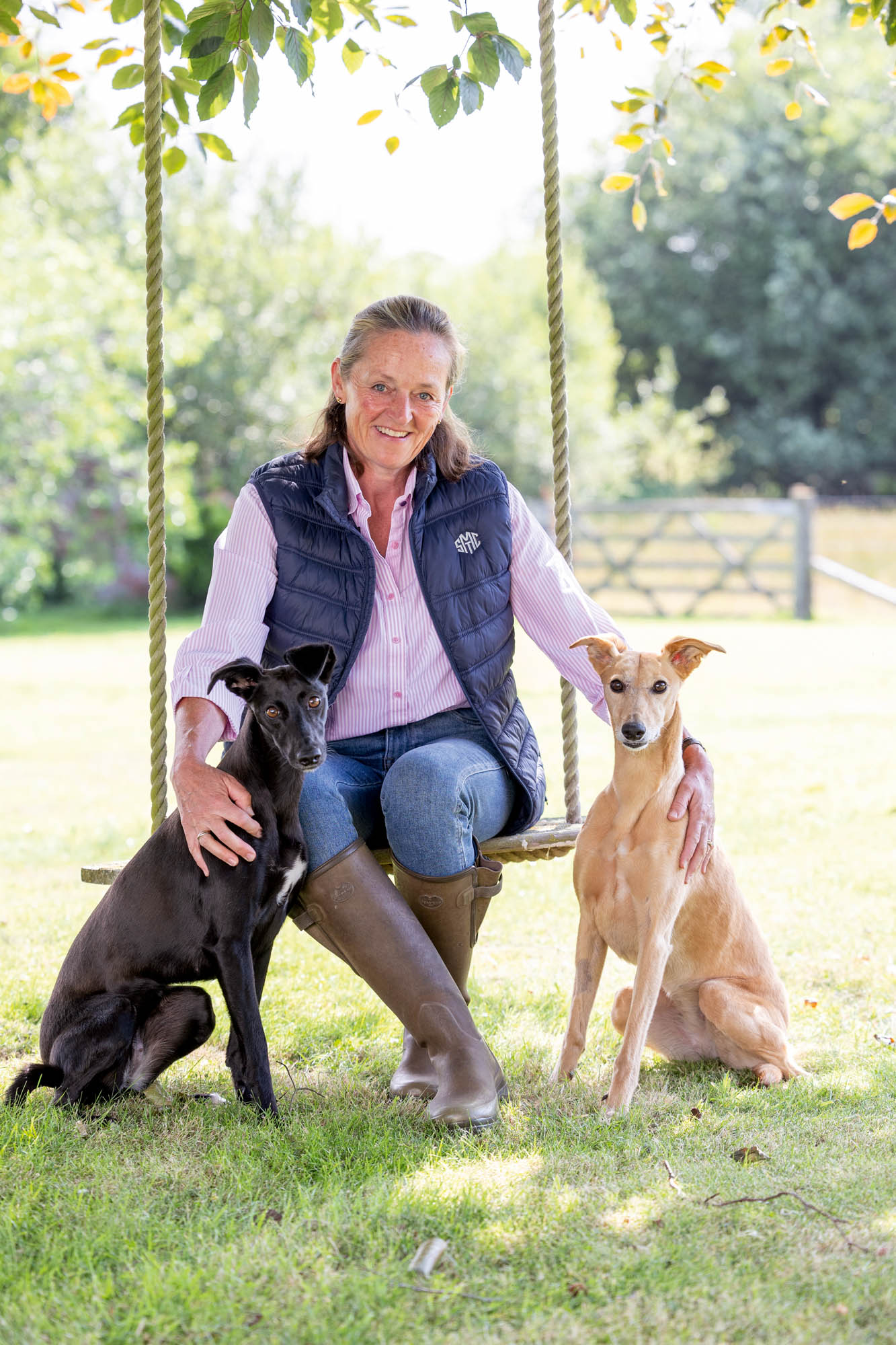
Silent pilfering is to be expected from a lurcher — that was, after all, their raison d’être. According to folklore, they came about when only noblemen had the right to hunt forest land under the reign of the Norman kings, and it became risky to own a greyhound, an obvious hunting dog. Crossbreeding the sighthound was a cunning solution to avoid suspicion, but also keep the pot filled. Lurchers consequently earned a shady reputation over time as a sly scavenger lurking about campsites and exasperating keepers. As Brian Plummer writes in The Complete Lurcher — when discussing the ‘legendary Norfolk lurcher’ of the 18th century — it was the ‘ideal dog of the drover’, the ‘perfect dog for the poacher’ and the ‘provender provider for the artisan hunter bringing up a family truly on the breadline’.
Renowned lurcher devotee Jackie Drakeford acknowledges their thieving streak — ‘they can steal anything from anywhere in absolute silence and be somewhere else before you’ve realised’ — but insists they will win you over anyway: ‘There is no dog quite like a sighthound or sighthound cross. They expect high standards in their owners and work with us, rather than for us. Although very trainable, they will not tolerate people who are forceful or who expect them to do something pointless.’
For those considering a lurcher, Mrs Drakeford emphasises that it’s important to understand the various crosses will have different characteristics: ‘Choose a blend that fits in with your mindset and lifestyle. Be sure to install high fencing — a medium-sized lurcher can typically jump 7ft from a standstill.’
For event rider William Fox-Pitt, lurchers are the perfect dogs for lorry life: ‘My dog Noodle loves to jump up on the Luton when we are away and sleep with me. She has her obedient moments, although, like every lurcher, she’s deaf when she sees a deer. I love their athleticism, agility, speed, and their gentle soft side. I couldn’t be without one — my family say they are the dog version of me.’
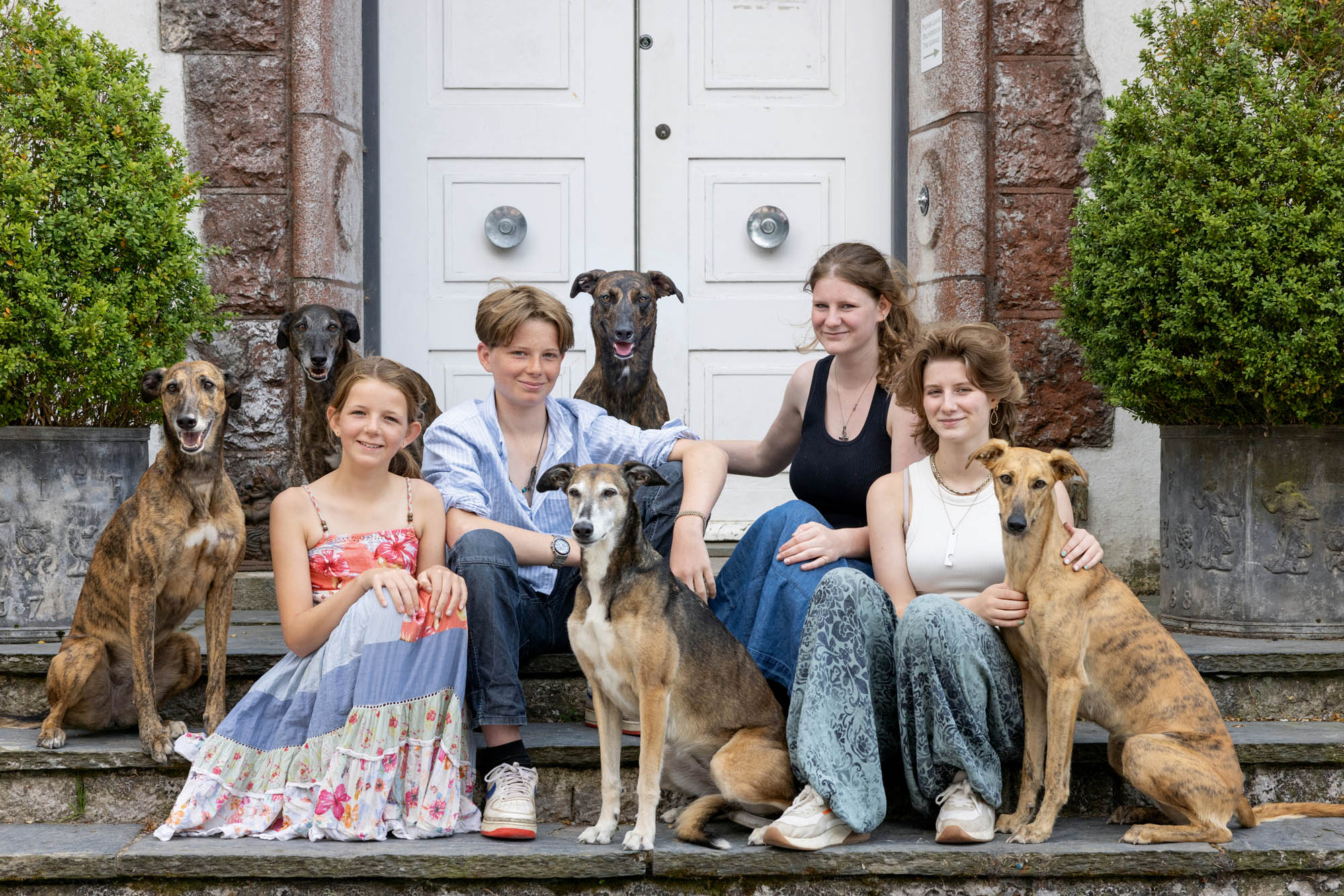
As soon as music publicist Rachel Hendry-Maynell set eyes on her saluki cross during a visit to Battersea Old Windsor, she was smitten: ‘Lord Percy is loving, expressive, and funny — I named him after the character in Blackadder, which seemed befitting as he’s such a daft goof. His favourite game is to pointedly nudge people’s pockets with his narrow snout, looking for treats.’
Mrs Hendry-Maynell admits Lord Percy needed training at first — he once earned a ‘dog ASBO’ from the park police for excitedly chasing a dog-nervous runner — but he is now generally well mannered and has her wrapped around his little finger.
‘My husband quickly cottoned on to what he was dealing with when it came to Lord Percy — the first time he came to my house, he arrived armed with a pig’s ear for him,’ she laughs. ‘This dog is so burrowed into my heart.’
When author Antony Johnston and his partner agreed to foster a lurcher, he had no idea it would be the beginning of a grand love affair, and has since owned and fostered several: ‘Lurchers snuck up on us. We fell for them and we fell hard. They sleep all day after a sprint and are the perfect dog for a writer — I’ve written millions of words with hounds snoozing at my feet.’
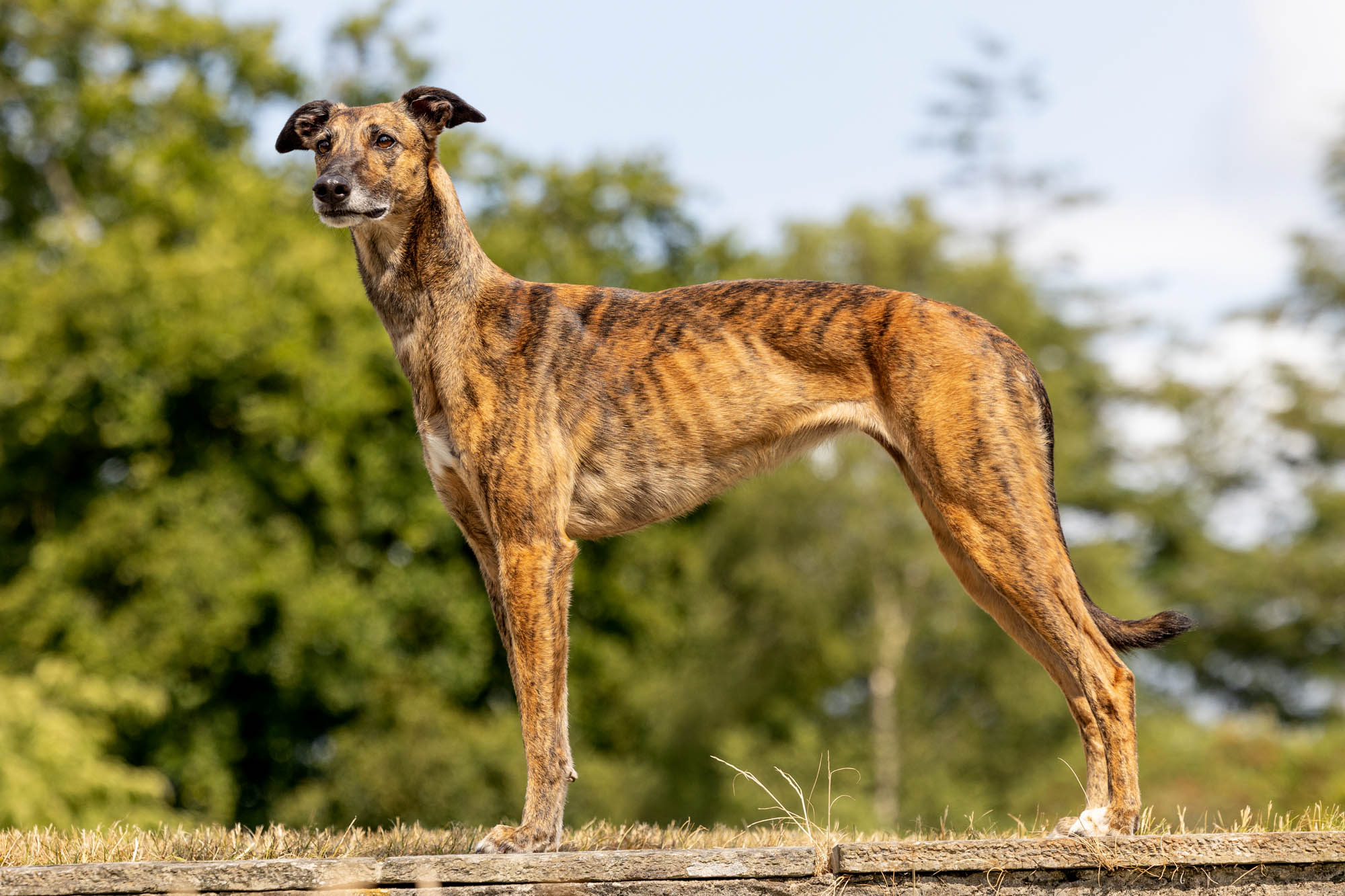
Not only have lurchers prompted Mr Johnston to adapt his holiday choices — ‘they can get separation anxiety, so we now stick to dog-friendly spots in the UK’ — and his interior decisions — ‘we had to buy a second sofa; it was impossible to keep them off ours’ — they have even influenced his career, becoming the inspiration behind his latest cosy crime novel, The Dog Sitter Detective (Allison & Busby). ‘Any dog will reward you with unconditional love, but there’s something special about the way a lurcher looks at you,’ he concludes.
Gundog photographer and writer Nick Ridley got his first lurcher, Midge, 25 years ago. He now works cocker spaniels, but admits he’d be tempted to add a lurcher to the team: ‘I’d love a Bedlington whippet cross, they’re cracking little dogs. Lurchers are superb — my first was smart, good-natured and brilliant with the kids. Then I got Tilly, she had bearded collie in her so had a rough coat. She was great fun.’
Gaining notable success in obedience competitions, Midge also accompanied Mr Ridley on several ferreting expeditions: ‘Ferreting with a lurcher is exciting and a natural form of pest control. The teamwork is amazing — the lurcher’s instinct is to chase and kill things, but, when working with a ferret, it has respect and understanding of that relationship and knows not to hurt them.’
It’s hard to imagine Ed Cook’s father, a gamekeeper, was best pleased when his son decided on a lurcher, yet, having founded Evergreen Rabbit Control and worked them professionally for 23 years, it is safe to say Mr Cook made the right choice. ‘I grew up with gundogs, but seeing a lurcher chase a hare blew my mind,’ he admits. ‘I have two collie-crosses and they’re incredibly important to the job — we need dogs that are nimble and can take the terrain a rabbit throws at it.’
Mr Cook’s lurchers work in conjunction with ferrets and hawks, which can be stressful at times, he laughs: ‘Occasionally, things don’t go to plan. But, when it all comes together, and you watch lurcher, ferret and hawk working as a team, there isn’t anything better.’
Should you adopt a lurcher?
Due to the common misconception that they need a lot of exercise, lurcher rescues can be overlooked, but they make wonderful family pets, as David and Jennie Kerr discovered on adopting Lilly, a once-nervous stray, from Battersea Old Windsor.
She now enjoys a rural life with them in Devon, tearing around at full speed and spending sunny afternoons at the local pub, and her owners couldn’t be happier with the new addition to their family: ‘We’ve had rescue dogs of all different breeds and we’re thrilled with our decision to get a lurcher — they’re such fun characters and we couldn’t be without Lilly now.’
Visit www.battersea.org.uk
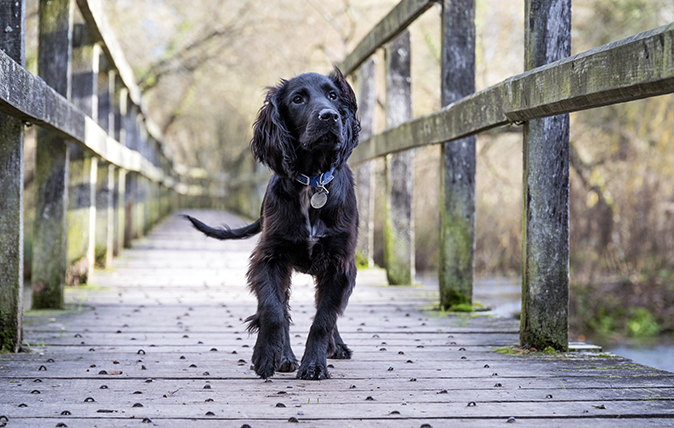
Battersea Dogs Home's place in the country, where you'll find dogs for walking and working
Battersea Dogs Home isn't only in Battersea – they also have centres out in the country where you could find the

How to choose the perfect dog to fit your lifestyle, family and home
Those who grew up with dogs probably already know which breed they want to own, and have done for years.

How to choose a rescue dog, by expert trainer Ben Randall
Adopting a dog in need of a new home can be a fabulous experience that will transform your life for
Katy Birchall is a journalist and the author of several young adult and teen novels, including The It Girl series and the Hotel Royale series. She has written a retelling of Jane Austen’s Emma for the Awesomely Austen series and the Netflix spin-off novel Sex Education: The Road Trip. She is also the author of several romantic comedies for adults including The Secret Bridesmaid and The Wedding Season. She writes romantic fiction for young adults under the name Ivy Bailey, romantic-comedy under the name Katrina Logan, and romantic sports fiction for adults under Katherine Reilly. She lives in London with her husband, daughter and rescue dog.
